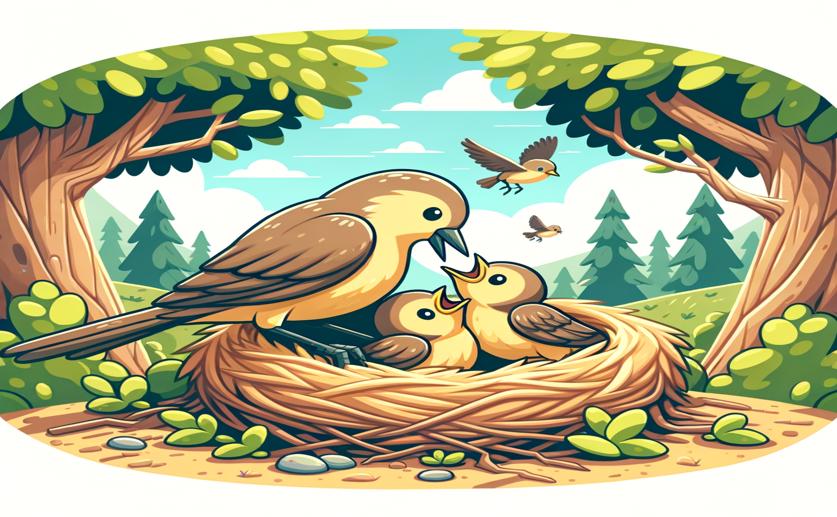
Early-life Factors Shaping the Gut Microbiome of Young Birds
Jenn Hoskins
15th May, 2024

Image Source: Natural Science News, 2024
Key Findings
- The study at Bielefeld University found that avian malaria infection in canaries changes the composition of their gut bacteria
- Despite no significant changes in overall bacterial diversity, specific bacteria increased or decreased due to the infection
- The infection also altered how different bacteria interact with each other, affecting certain metabolic pathways in the gut
References
Main Study
1) Early-life factors shaping the gut microbiota of Common buzzard nestlings
Published 14th May, 2024
https://doi.org/10.1186/s42523-024-00313-8
Related Studies
2) Commensal bacteria mediated defenses against pathogens.
3) Avian Malaria Parasites Modulate Gut Microbiome Assembly in Canaries.
4) Current Perspectives of the Chicken Gastrointestinal Tract and Its Microbiome.
5) Demographic and environmental drivers of metagenomic viral diversity in vampire bats.



 16th March, 2024 | Jim Crocker
16th March, 2024 | Jim Crocker